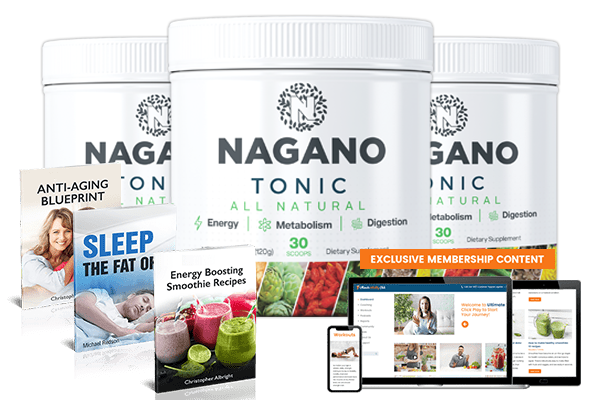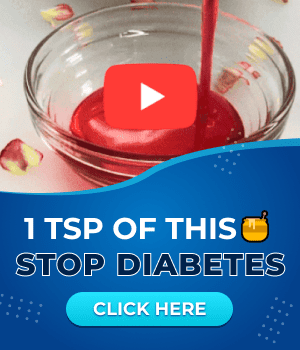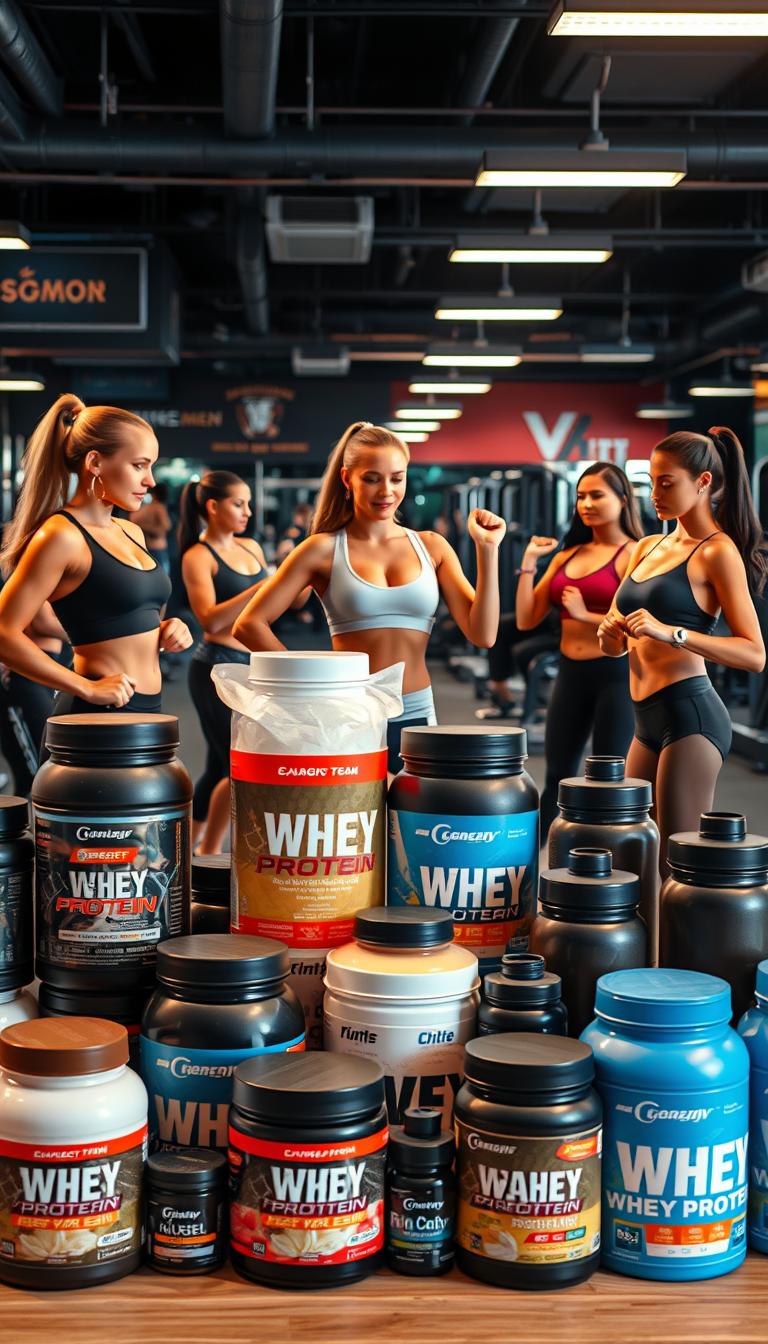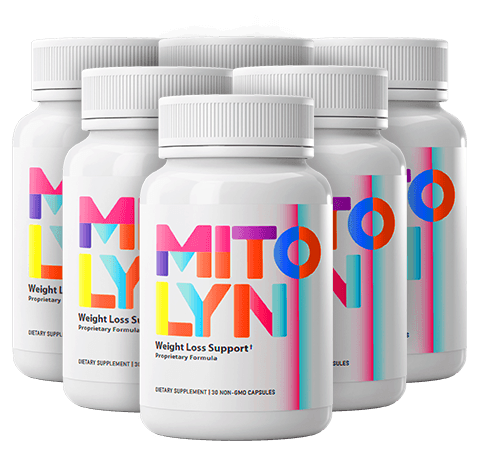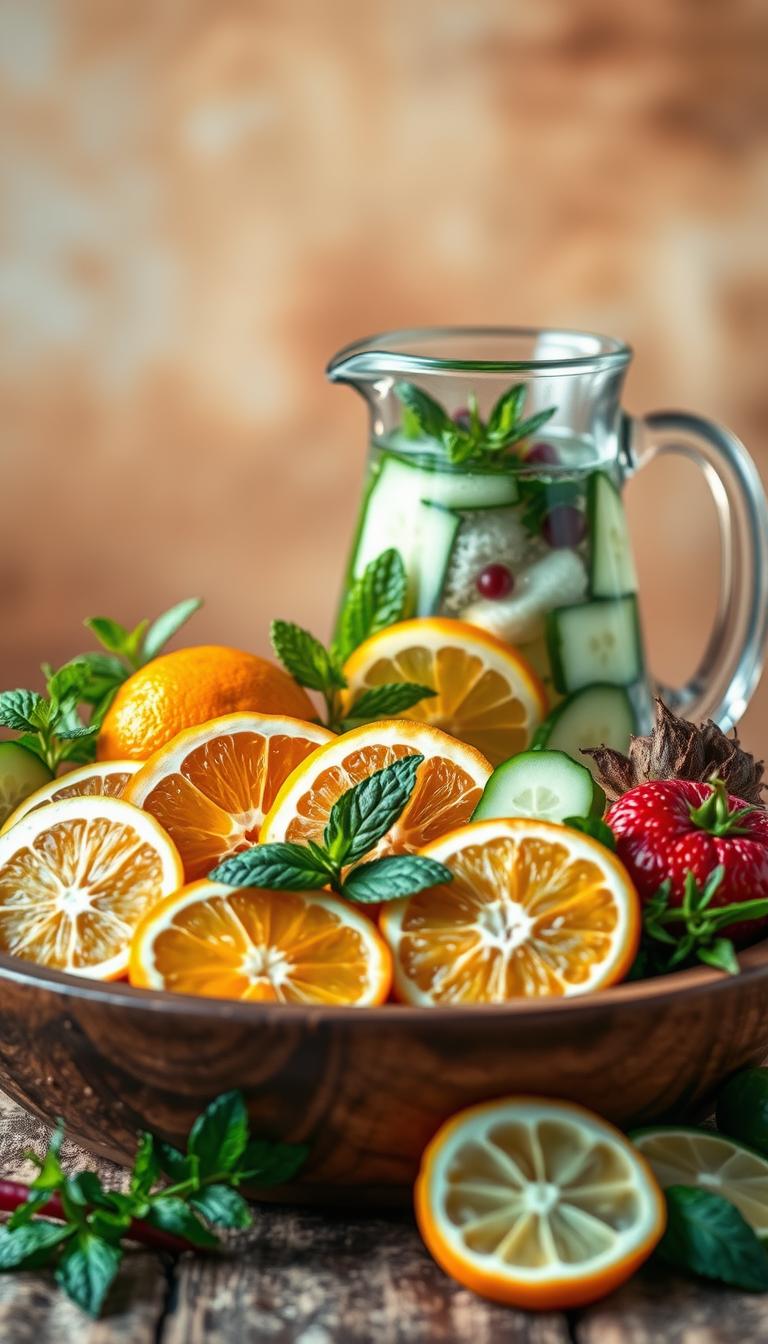
Imagine you’re getting better from a small cut or a hard workout. Your body works hard every day to heal and grow. Vitamin C, or ascorbic acid, is key to this process.
This nutrient is not just in oranges. It helps your skin stay flexible, your muscles strong, and your immune system fight off sickness. Without it, your body can’t fix itself as well, making you more prone to damage.
Key Takeaways
- Vitamin C builds blood vessels, cartilage, muscles, and bone collagen, keeping your body’s structure strong.
- As an antioxidant, it shields your cells from damage linked to aging and disease.
- Natural sources include citrus fruits, peppers, broccoli, and potatoes—easily added to meals.
- Too little can risk symptoms like bleeding gums, while too much may cause digestive issues or kidney stones.
- Your needs change with age, gender, and lifestyle, like smoking, which demands extra intake.
Your body can’t make vitamin C on its own. So, eating foods like kiwi or drinking tomato juice is important. Let’s explore how vitamin C affects your health, from healing cuts to boosting your immune system. Join us as we dive into all you need to know about vitamin C’s role in your health.
What is Vitamin C and Why is it Important?
Vitamin C, also known as ascorbic acid, is a water-soluble nutrient your body needs every day. Humans can’t make it, so we get it from foods like oranges and bell peppers, or supplements. It’s an antioxidant that protects cells and helps with collagen production, tissue repair, and keeping the immune system strong.
The Science Behind Ascorbic Acid
Ascorbic acid’s structure helps it fight off harmful free radicals. It’s key for making collagen, a protein that makes skin, bones, and blood vessels strong. Since your body gets rid of extra vitamin C every day, eating it regularly keeps you from getting too little.
Historical Significance of Vitamin C
Before people knew about vitamin C, sailors got sick with scurvy—swollen gums and joint pain. They got better when they ate oranges and lemons. In 1932, scientists found out what was in those fruits, revealing its health benefits.
Role in Human Biology
Here’s how vitamin C keeps you thriving:
- Collagen Production: Keeps skin firm and wounds healing
- Antioxidant Defense: Neutralizes free radicals that damage cells
- Immune Support: Enhances white blood cells to fight infections
Without enough vitamin C, your body can’t fix tissues or fight off sicknesses. It’s very important for your daily health.
The Remarkable Health Benefits of Vitamin C
Vitamin C does more than just fight colds. It acts as an antioxidant to fight off harmful free radicals. This helps protect your cells and lowers the risk of chronic diseases.
Studies show vitamin C can increase blood antioxidant levels by up to 30%. This shields your cells from daily damage.
“Antioxidants like vitamin C are your body’s natural defense system against premature aging and disease.” – Nutrition Journal
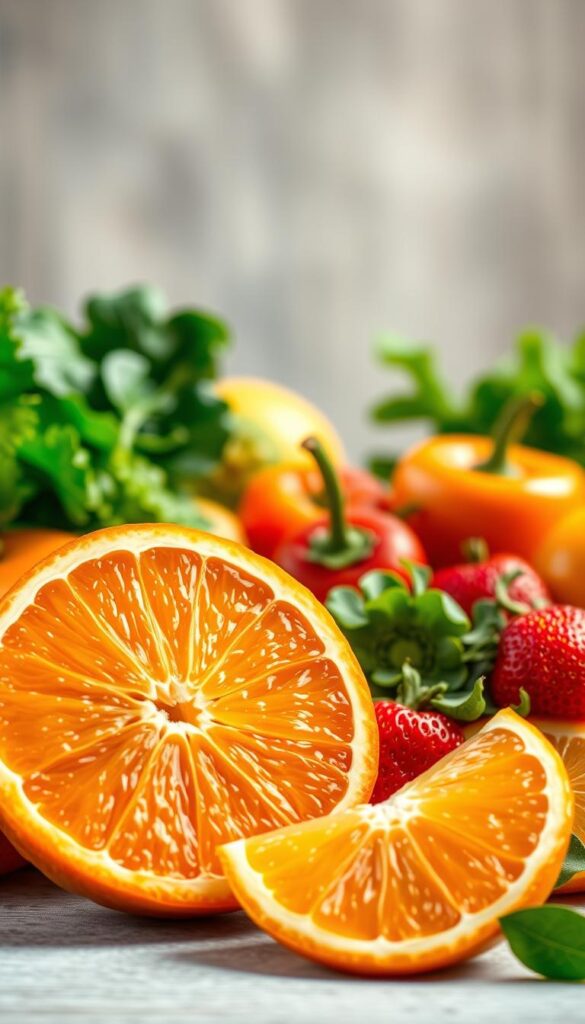
- Immune system support: Reduces cold duration by 8% in adults and 14% in kids.
- Boosts iron absorption by 67% when paired with plant-based meals.
- Collagen production depends on vitamin C—critical for skin elasticity and wound healing.
- May lower blood pressure and cut heart disease risk by 25% with 700mg daily.
Your body can’t make vitamin C, so eat foods like citrus fruits and leafy greens. Or take supplements like Emergen-C Immune+ Triple Action. It’s not just about staying healthy—it’s about thriving.
Vitamin C is key for strong bones and a sharp memory. It even helps with brain health. Protect your cells, fuel recovery, and enjoy the science-backed perks of this essential nutrient.
How Vitamin C Boosts Your Immune System
Learning how vitamin C boosts your immune system can keep you healthy. It might not stop the but can make it shorter and less painful. Here’s how it works:
Fighting Off Common Colds
Vitamin c benefits like better white blood cell work may lessen colds. Studies show it can reduce symptoms by 18-46% in active people. But, it’s not clear if it works for everyone.

Supporting Your Body’s Defense Mechanisms
Vitamin C is crucial for immune cells to fight infections. Here’s how it works:
- White blood cells have 100x more vitamin C than blood plasma.
- Boosts neutrophils’ ability to find and destroy pathogens by 20%.
- Reduces inflammation by balancing cytokine production during infections.
| Immune Function | Vitamin C’s Role |
|---|---|
| White blood cell activity | Enhances phagocytosis (pathogen “eating”) |
| Barrier protection | Strengthens skin and gut lining to block germs |
| Antioxidant defense | Neutralizes free radicals that weaken immune cells |
Recovery and Healing Properties
After getting sick, vitamin C helps you heal by:
- Promoting collagen production for tissue repair.
- Reducing oxidative stress from infections.
- Supporting T-cell and B-cell activity to remember pathogens for future defense.
While it’s not a magic cure, enough vitamin C (100-200 mg daily) helps your body fight off threats.
Top Food Sources Rich in Vitamin C
Nature’s grocery list has many vitamin c foods to meet your daily intake needs. Pick fresh, colorful foods to keep your body healthy.

Citrus Fruits and Berries
Go for these juicy foods full of vitamin C:
| Food | Vitamin C (mg) | % Daily Value |
|---|---|---|
| Acerola Cherries (1/2 cup) | 825 mg | 916% |
| Kakadu Plum (1 fruit) | 2,907 mg | 484% |
| Strawberries (1 cup) | 98 mg | 110% |
| Kiwi (1 fruit) | 64 mg | 71% |
Oranges have 70–90 mg per fruit. Strawberries and kiwis add a sweet vitamin C boost.
Surprising Vegetables High in Vitamin C
- Red bell peppers (1 pepper) = 121% DV
- Broccoli (1 cup chopped) = 135% DV
- Brussels sprouts (1 cup) = 100% DV
- Parsley (2 tbsp) = 6 mg (7% DV)
Even potatoes have 19% DV per medium spud. These veggies show you don’t need citrus to be healthy.
Preserving Vitamin C Content in Your Foods
Keep your intake high with smart prep:
- Steam or microwave veggies instead of boiling
- Store fruits/veggies in sealed containers
- Snack on raw produce like bell peppers or strawberries
Heat breaks down vitamin C. Quick-cook methods keep nutrients in. A simple stir-fry or fresh salads help meet your daily intake goals.
Vitamin C Supplements: What You Need to Know
When picking vitamin c supplements, knowing the types can help. Most use ascorbic acid, which your body absorbs well. This is like getting vitamin C from foods like oranges or broccoli.

Other choices include sodium ascorbate, calcium ascorbate, and Ester-C. Ester-C mixes ascorbic acid with minerals. Some brands add bioflavonoids to help your body absorb it better.
Research shows Ester-C might increase vitamin C in white blood cells more than ascorbic acid alone. But, it keeps plasma levels the same. For most, basic ascorbic acid is the best choice. It’s affordable and works well.
Studies found Ester-C raised leukocyte concentrations higher than ascorbic acid alone, though plasma levels stayed the same.
- Choose pure ascorbic acid if you’re watching your budget.
- Take supplements with meals to improve absorption.
- Ask a healthcare provider if you’re on medications or have health issues.
Supplements are great when you don’t get enough from food. But remember, they should not replace eating whole foods. Always check labels to avoid unwanted additives and ensure quality.
Daily Recommended Intake of Vitamin C
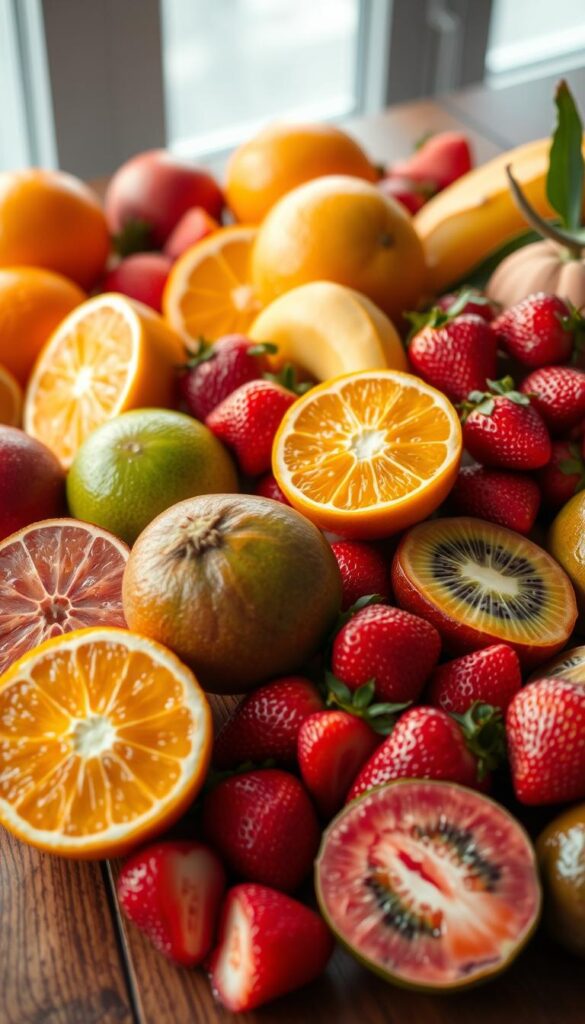
Knowing how much vitamin C you need is important. It helps avoid vitamin c deficiency. Your body’s needs change with age, gender, and lifestyle.
Requirements by Age and Gender
| Age Group | RDA (mg) | Upper Limit (UL) |
|---|---|---|
| Birth-6 mos | 40 | N/A |
| 7-12 mos | 50 | N/A |
| 1-3 yrs | 15 | 400 |
| 4-8 yrs | 25 | 650 |
| 9-13 yrs | 45 | 1,200 |
| 14-18 yr males | 75 | 1,800 |
| 14-18 yr females | 65 | 1,800 |
| Adult males | 90 | 2,000 |
| Adult females | 75 | 2,000 |
Adjustments for Special Circumstances
Life changes like pregnancy or smoking change your needs. Pregnant teens need 80 mg, and breastfeeding adults need 120 mg. Smokers should add 35 mg daily. If you’re recovering from illness or surgery, you might need more to heal.
Signs You Might Need More
- Easy bruising or slow wound healing
- Dry, splitting hair or rough skin
- Frequent nosebleeds or swollen gums
- Unexplained fatigue or weakness
These signs might mean you have a vitamin c deficiency. Always talk to a healthcare provider for advice.
Potential Side Effects and Risks of Excessive Vitamin C
Too much vitamin C can cause health problems. The body only takes what it needs. But, taking more than 2,000 mg daily can lead to side effects.

- Common digestive issues: Nausea, diarrhea, stomach cramps, or heartburn.
- Risk of kidney stones: High doses may raise oxalate levels, increasing stone formation in predisposed individuals.
- Interactions with medications: May reduce statin or chemotherapy effectiveness or worsen iron overload conditions.
- Lab test interference: Can skew results for blood glucose or stool tests.
Too much vitamin C can also make it harder for your body to absorb it. This can strain your digestive system. People with kidney stones or chronic conditions should talk to a doctor before taking supplements.
Even a little too much can cause headaches, fatigue, or trouble sleeping. Always stay within the recommended amount. Taking supplements with food can help with digestion.
Listen to your body. If you keep getting symptoms after taking supplements, cut back. It’s important to find the right balance. Avoiding vitamin C deficiency is good, but not taking too much is also crucial.
The Beauty Connection: Vitamin C for Skin and Hair
Healthy skin starts at a cellular level. Vitamin C isn’t just for immunity—it’s a game-changer for skin health. It fuels collagen production, keeping skin firm and lines away. Let’s see how it works its magic.

Anti-Aging Properties and Collagen Production
Collagen is your skin’s scaffolding. Without enough vitamin C, your body can’t make it. Think of it like a recipe: no key ingredient, no cake. Studies show vitamin c benefits include boosting collagen synthesis by up to 20% in clinical trials.
This protein plumps skin, reducing wrinkles and sagging. Plus, vitamin C fights sun damage by neutralizing free radicals that age skin.
“Vitamin C isn’t just a supplement—it’s skincare’s secret weapon against aging.” — Journal of Investigative Dermatology
Topical Applications vs. Dietary Intake
Should you eat it or slather it on? Both matter. Eating foods like oranges or taking supplements boosts internal collagen production, supporting skin from within. But topical products (like serums) deliver vitamin C directly to the skin’s surface.
Look for stable forms like ascorbyl palmitate or L-ascorbic acid. Pairing both approaches amplifies results: diet fuels overall skin health, while creams target visible signs of aging.
Pro tip: Apply serums in the AM under sunscreen. Combine with citrus-rich meals for double duty. Your skin’s future self will thank you.
Lesser-Known Uses of Vitamin C in Your Daily Life
Vitamin C is more than just for keeping you healthy or making your skin glow. It has many uses in your home and kitchen. Discover how to use it in ways beyond supplements and salads.
Practical Applications Around the House
Vitamin C is very useful because of its chemistry. Here are some cool tricks to try:
- Unclog rust stains: Mix lemon juice (rich in vitamin C) with baking soda to dissolve rust on tools.
- Remove wine or tea stains: Soak fabric in a diluted ascorbic acid solution to lift tannin-based stains.
- Adjust soil pH: Sprinkle crushed vitamin C tablets in garden soil to lower acidity for plants like blueberries.
- Develop photos: Historically used in darkrooms to intensify black & white prints (now rarely used but fun trivia!).
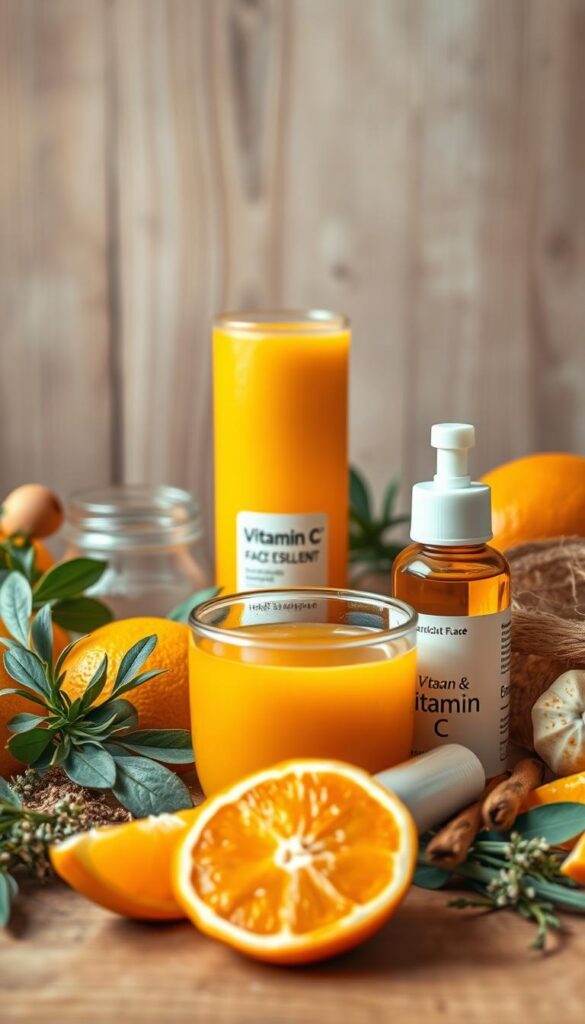
Cooking and Food Prep Hacks
Improve your cooking skills with these tips:
- Prevent browning: Add lemon juice to apples, avocados, or guacamole to stop oxidation.
- Enhance bread rise: bakeries use ascorbic acid to strengthen dough structure and improve loaf texture.
- Preserve meat color: Cured meats often include vitamin C to maintain red/pink hues during processing.
- Flavor boost: Add crushed vitamin C tablets to tomato-based soups to brighten flavors.
Next time you slice a lemon, remember its juice does more than flavor drinks. It’s a kitchen workhorse. Use it to prevent ice cream crystals or keep salads fresh. Get creative with this everyday nutrient.
How to Incorporate More Vitamin C into Your Diet
Boosting your vitamin C intake is easy. Start by trying different vitamin c foods that you like. The USDA’s FoodData Central suggests red bell peppers and strawberries. They give you over 100% of your daily vitamin C in just one serving.
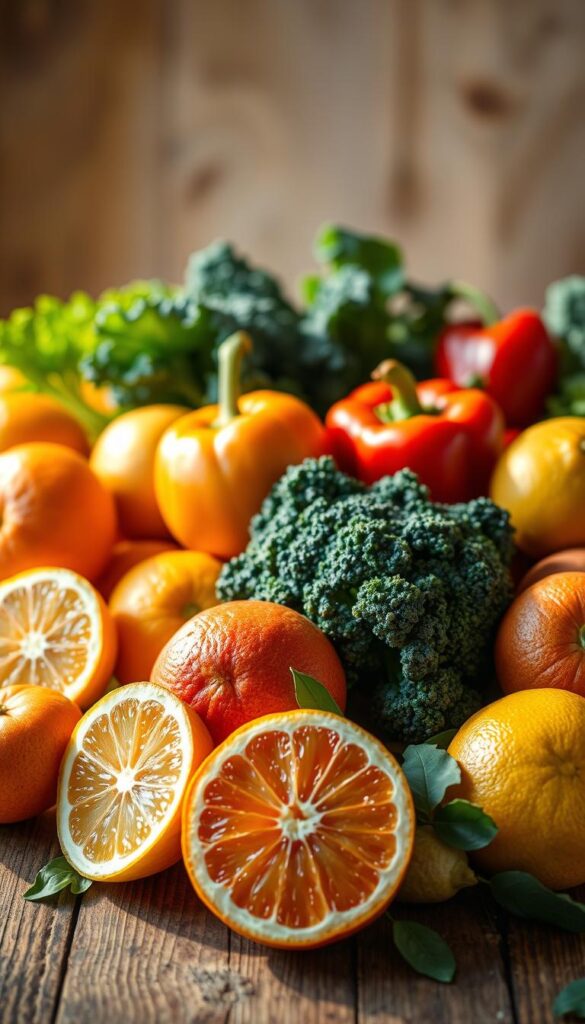
- Swap snacks: Trade chips for sliced bell peppers or kiwifruit.
- Add berries to oatmeal or yogurt for a vitamin C-rich breakfast.
- Use citrus in salads—grapefruit or orange segments pair well with greens.
- Try tropical options like mango or guava for a sweet treat.
Create a daily intake plan by combining foods like:
| Food | Serving Size | Vitamin C (mg) | % of Daily Value |
|---|---|---|---|
| Red Bell Pepper | 1 cup | 128 mg | 142% |
| Strawberries | 1 cup | 119 mg | 132% |
| Guava | 1 medium | 125 mg | 138% |
| Kiwi | 1 fruit | 74.7 mg | 83% |
For variety, try a mango-pineapple smoothie (200 mg total) or stir-fry broccoli with chili peppers. Frozen berries are great when fresh ones are not available. Adjust portions to meet your daily intake goals without overcomplicating meals.
“Colorful meals = more vitamin C,” says the USDA’s dietary guidelines. Brighten plates with citrus, greens, and vibrant veggies.
Even small changes add up. Sprinkle paprika on eggs, top salads with orange slices, or blend spinach into smoothies. By choosing vitamin c foods in every meal, you’ll hit your daily intake effortlessly.
Conclusion: Making Vitamin C Work for Your Wellness Goals
Knowing about vitamin c benefits helps us see how it boosts immunity, skin health, and mental focus. Studies show that even small vitamin c supplements (like 500 mg daily) can improve attention and work performance. This shows vitamin C is key for daily function, not just avoiding deficiencies.
Begin by eating more vitamin c foods like oranges, strawberries, and bell peppers. These foods give you antioxidants and help your immune system. If you can’t get enough from food, high-quality supplements can help. Just make sure to talk to a healthcare provider first.
Your body naturally keeps vitamin C in tissues longer than in blood. This means being consistent is more important than taking big doses. Eat a variety of meals with citrus, leafy greens, and fortified foods. If you need more, like if you smoke or are pregnant, increase your intake slowly.
Remember, vitamin C is more than a supplement—it’s a key to daily energy. By choosing the right foods and supplements, you’re investing in your health. Take a look at your current habits. Are you getting enough vitamin C from food, or do you need a supplement? Small changes today can lead to better immunity, focus, and skin tomorrow.
FAQ
What exactly is vitamin C?
Vitamin C is a water-soluble vitamin. It’s important for many body functions. It helps fight off infections and keeps your skin healthy. Since your body can’t make it, you need to eat foods that have it.
Why is vitamin C considered an antioxidant?
Vitamin C fights off harmful molecules in your body. These molecules can cause diseases. So, vitamin C helps keep you healthy and lowers the risk of getting sick.
Can I get enough vitamin C from my diet?
Yes! Eating fruits and veggies like oranges and broccoli gives you enough vitamin C. Try to eat these foods often to get enough.
How much vitamin C do I need daily?
Adult men need 90 mg of vitamin C each day. Women need 75 mg. Pregnant and breastfeeding women need more. Your needs can change based on your age and lifestyle.
Is vitamin C supplementation necessary?
Getting vitamin C from food is best. But, taking supplements can help in some cases. Always talk to a doctor before starting supplements.
What are the potential side effects of taking too much vitamin C?
Taking too much vitamin C can upset your stomach. It might cause diarrhea or stomach pain. High doses can also increase the risk of kidney stones. Always follow the recommended amount.
How does vitamin C contribute to skin health?
Vitamin C helps your skin stay young and firm. It makes your skin look better and protects it from damage. This keeps your skin healthy and looking good.
Are there unique uses for vitamin C in everyday life?
Yes! Vitamin C can clean surfaces and remove stains. It also helps prevent food from turning brown. It’s good for baking and keeping food fresh.
How can I increase my vitamin C intake through meals?
Eat foods high in vitamin C like berries and citrus fruits. Add colorful veggies to your meals. Eating seasonal foods is a great way to get more vitamin C.
What should I look for in vitamin C skincare products?
Look for products with L-ascorbic acid or other forms of vitamin C. These help your skin. Choose products in dark containers to keep them fresh.




